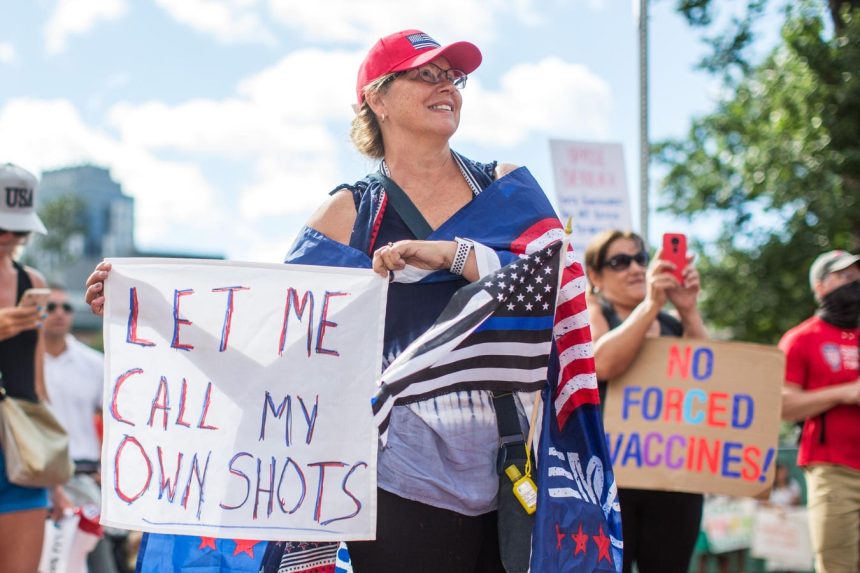The erosion of public trust in childhood vaccinations represents a significant challenge to public health in the United States. A recent Gallup poll reveals a stark decline in the perceived importance of these vaccines, dropping from 94% in 2001 to a mere 69% in recent years. This growing hesitancy, fueled by a complex interplay of political polarization, misinformation, and eroding trust in institutions, poses a serious threat to the progress made in eradicating preventable diseases. The implications of this trend extend beyond individual choices, impacting community immunity and the overall effectiveness of public health interventions. Rebuilding confidence in vaccines requires a multifaceted approach involving transparent communication, improved scientific literacy, and a concerted effort to disentangle scientific discourse from political rhetoric.
The politicization of vaccines, particularly during the COVID-19 pandemic, has played a pivotal role in driving this decline in public confidence. Vaccine mandates, framed by some political leaders as an infringement on personal freedoms, became a highly divisive issue. This politicization fostered a climate of distrust, where scientific recommendations were viewed through a partisan lens. The resulting polarization created an environment ripe for the spread of misinformation, further exacerbating vaccine hesitancy. This divide is evident in the stark contrast between Republicans and Democrats regarding the importance of childhood vaccinations, a gap that has widened dramatically over the past two decades.
The spread of misinformation, often amplified through social media, has further eroded public trust in vaccines. False narratives, such as the debunked link between the MMR vaccine and autism, continue to circulate and influence public opinion. This misinformation, coupled with inconsistent messaging from political leaders and public health officials, has sown seeds of doubt about the safety and efficacy of vaccines. The rapid development of COVID-19 vaccines also contributed to this skepticism, with some questioning the thoroughness of the scientific process. The confluence of these factors has created a perfect storm of distrust, making it increasingly difficult to promote evidence-based vaccine recommendations.
The consequences of declining vaccine confidence are already manifesting in the resurgence of preventable diseases. Measles, a disease declared eradicated in the US in 2000, has seen a resurgence in recent years, largely due to unvaccinated individuals. This highlights the critical importance of maintaining high vaccination rates to achieve herd immunity, the collective protection afforded to a population when a sufficient percentage is immunized. The erosion of herd immunity puts vulnerable populations, including infants and those with compromised immune systems, at increased risk.
Addressing this complex challenge requires a multi-pronged approach that prioritizes transparent communication, strengthens scientific literacy, and fosters greater trust in public health institutions. Clear and consistent messaging from public health officials and political leaders is crucial to counteracting misinformation and restoring public confidence. Educational initiatives that emphasize the safety and efficacy of vaccines, along with the importance of herd immunity, are essential. Furthermore, enhancing media literacy skills can empower individuals to critically evaluate information and distinguish credible sources from misinformation.
Rebuilding trust in vaccines is not merely a scientific imperative; it is a societal imperative. The health and well-being of our communities depend on collective action to combat vaccine hesitancy and ensure that evidence-based recommendations are prioritized over political rhetoric. Investing in public health education, fostering open dialogue, and promoting scientific literacy are crucial steps towards achieving this goal and safeguarding the progress made in preventing and controlling infectious diseases. The future of public health hinges on our ability to effectively address this challenge and restore confidence in one of the most impactful medical interventions in history. Failure to do so risks jeopardizing the health of future generations and undermining the hard-won victories against preventable diseases. The time for proactive and collaborative action is now.



